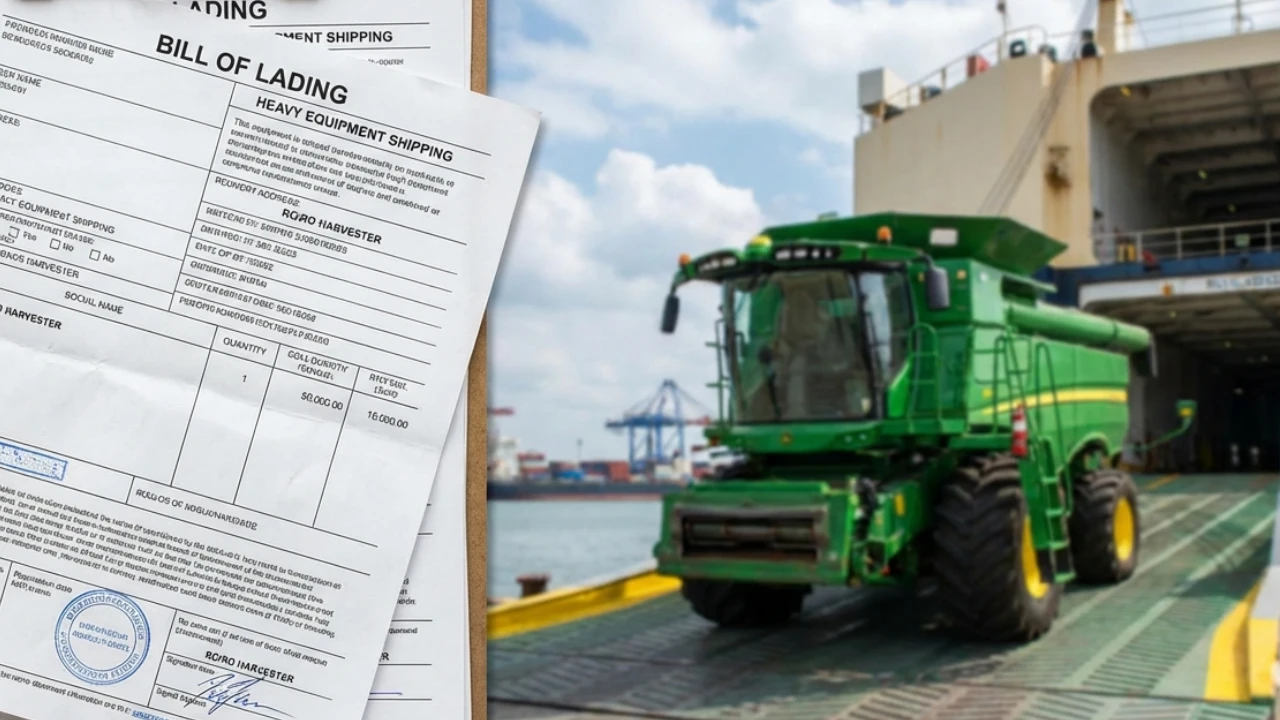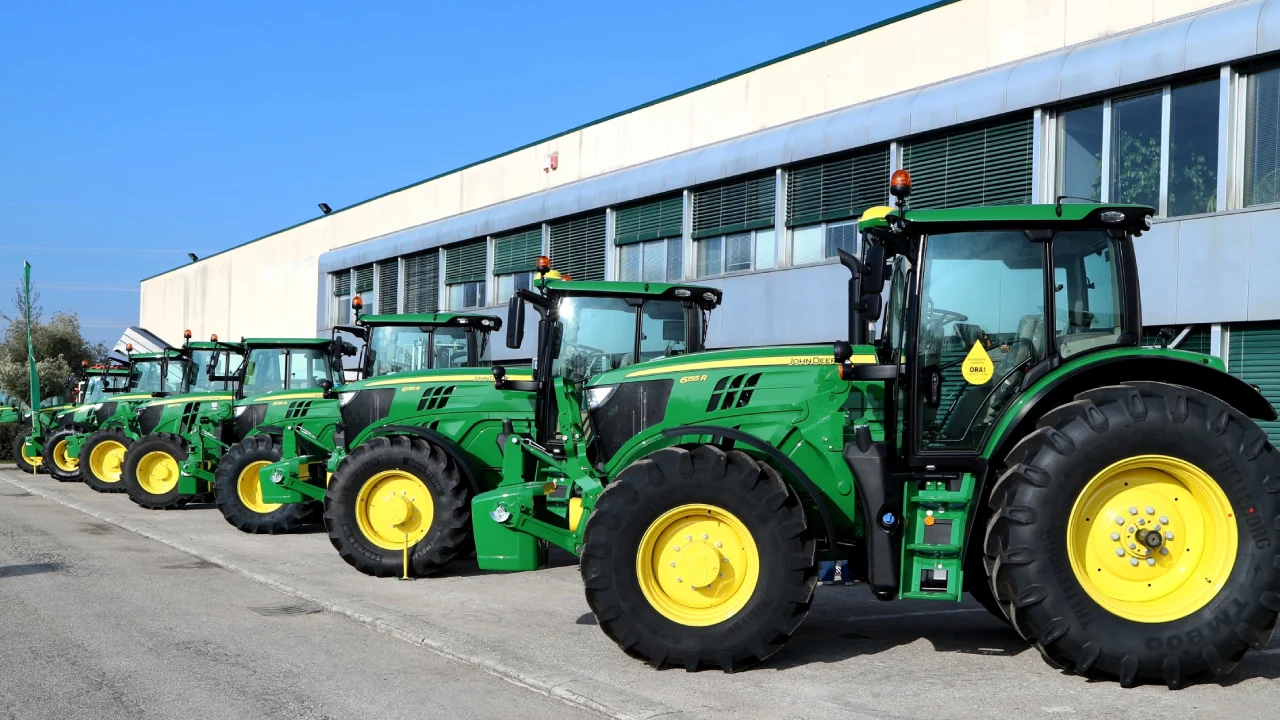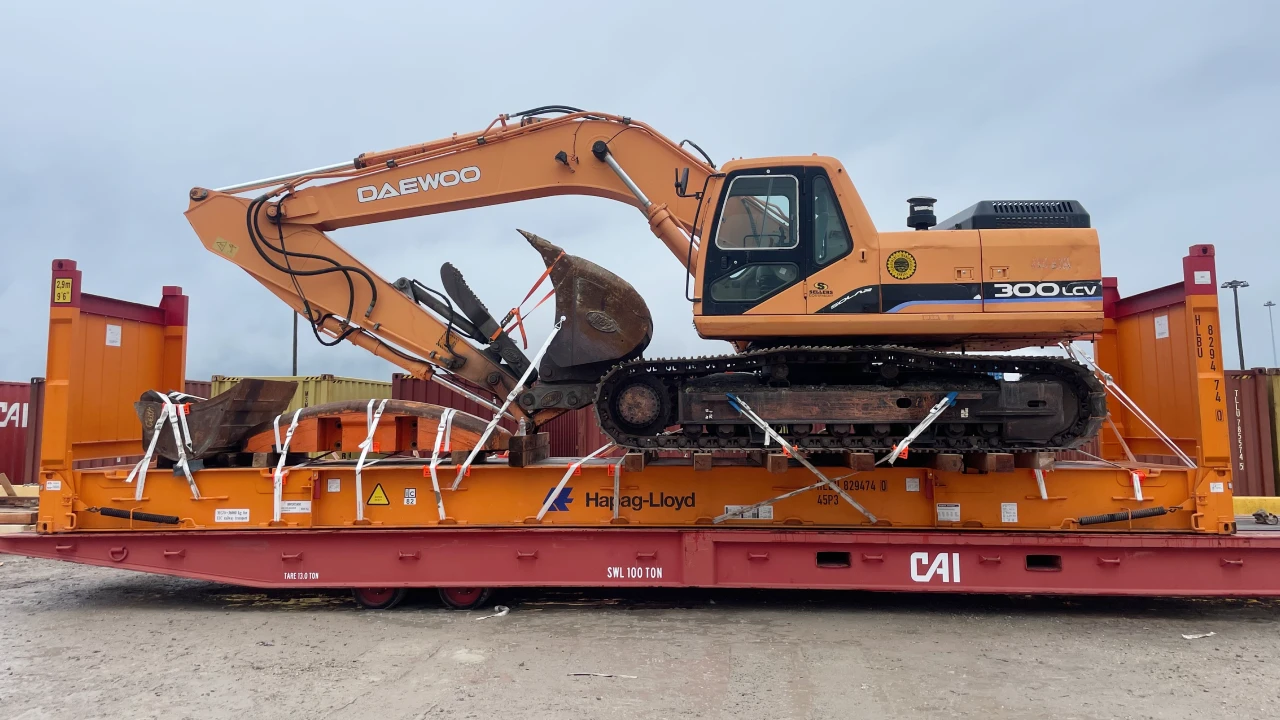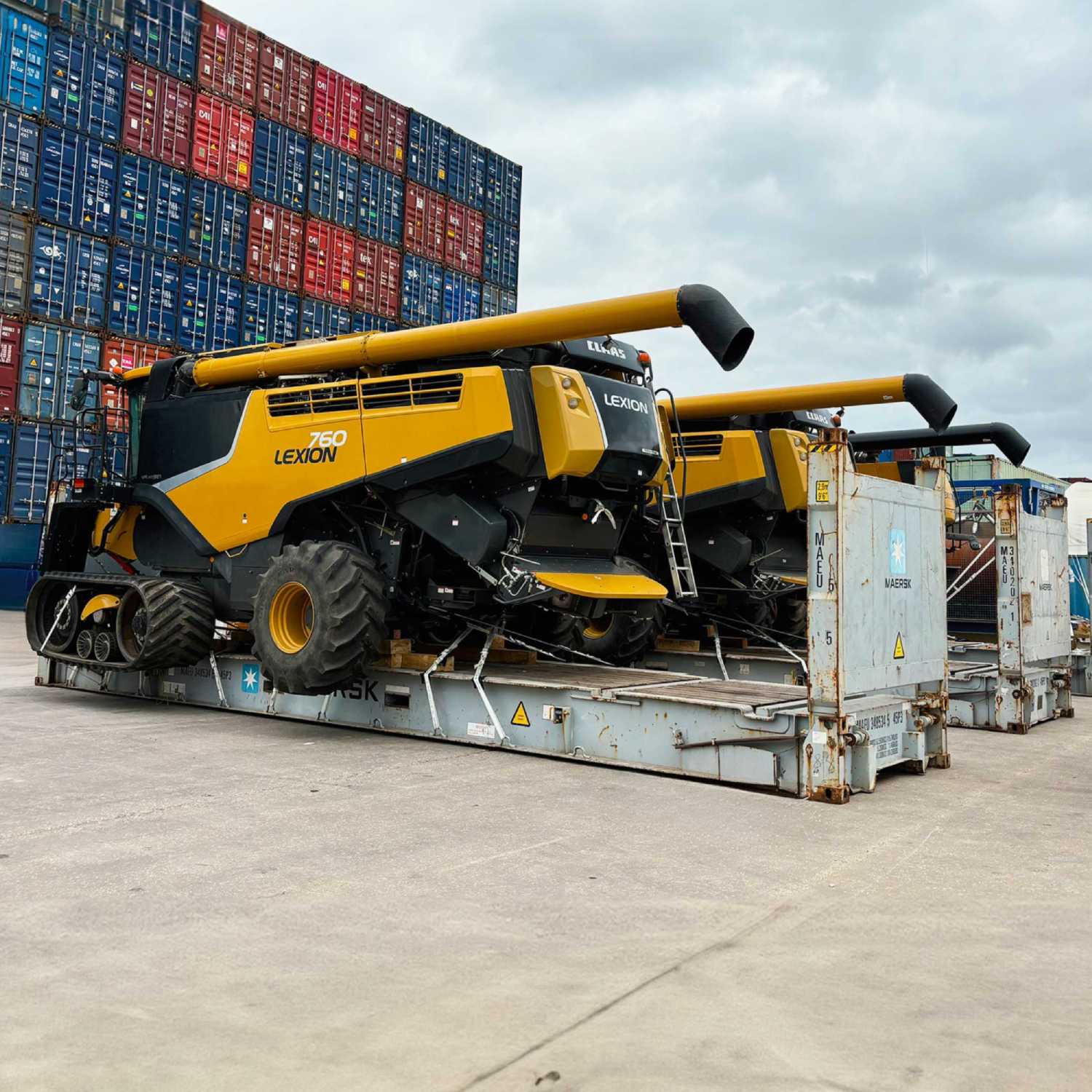
The agricultural industry relies heavily on efficient and safe transportation. From tractors and combines to plows and irrigation systems, getting these tools to where they need to be is crucial for maintaining productivity and ensuring successful work. However, shipping agricultural equipment presents challenges due to the size, weight, and often specialized nature of these items.
This guide will provide you with everything you need to know about shipping farming equipment, from planning and preparation to choosing the right shipping partner and ensuring a smooth delivery. We will cover essential topics such as assessment, selecting the appropriate shipping method, understanding permits and regulations, proper packing and securing techniques, and optimizing costs.
Planning and Preparation of Agricultural Equipment
How to Protect Your Agricultural Equipment During Shipping?
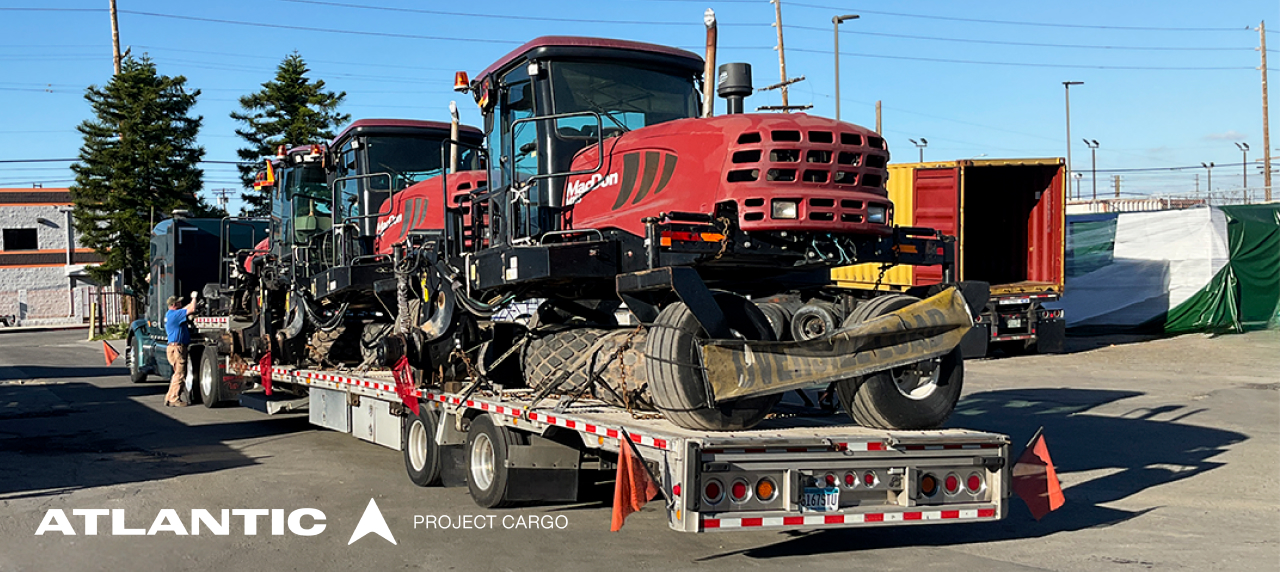
Proper packing and securing are essential for safeguarding your agricultural and farming equipment from damage during transportation. Here are the key steps involved:
Cleaning and Prepping the Equipment
Remove all dirt, debris, and plant matter to prevent contamination and potential damage during transport. Check for any existing damage and document it with photographs. This helps avoid disputes later. Ensure all moving parts are lubricated and components are secured.
Disassembly and Consolidation
Consider disassembling large equipment into smaller components to optimize space and potentially reduce shipping costs. Ensure all parts are clearly labeled and instructions for reassembly are readily available. Group smaller tools and equipment together and secure them in crates or pallets for efficient loading and protection.
Packaging Materials and Techniques
Use sturdy packaging materials like wooden crates, pallets, bubble wrap, and heavy-duty plastic sheeting to protect against weather and physical damage. Carefully wrap individual parts with protective materials and secure them within the packaging to prevent movement and damage.
Securing the Load
Make sure that straps, chains, or other appropriate tie-down methods are used to secure the cargo firmly to the trailer or container. This prevents shifting and potential damage during transit.
Additional Tips
- Consult with a shipping company for specific packing and securing requirements based on the type of cargo and chosen transport method
- Consider weather conditions during transport and choose appropriate protective materials
- Label all packages clearly with their contents and destination information
How to ship heavy equipment via ocean freight?
How to Choose a Reliable Shipping Partner?
Selecting a trustworthy and experienced shipping partner is obligatory for ensuring the safe and efficient transport of agricultural equipment. Here’s what you need to consider:
Research and Compare Shipping Companies
Ask colleagues, dealers, or industry associations for recommendations on reputable shipping companies. Explore company websites and online reviews to assess their experience, expertise, and track record in handling agricultural and farming equipment. Contact several companies for quotes, specifying the type and size of machinery, origin and destination, and desired timeframe.
Understanding Quotes and Contracts
Don’t just focus on the price. Analyze the services included, insurance coverage, liability terms, and estimated delivery timeframes. Before signing, ensure you fully understand the terms and conditions, including cancellation policies, damage liability, and dispute resolution procedures.
Communication and Tracking
Effective communication is essential for a smooth shipping process. Choose a company that is responsive to your inquiries and provides regular updates on your shipment’s progress.
Additional Tips
- Ensure the shipping company has the necessary licenses and insurance coverage for transporting your specific type of cargo
- If your agricultural machinery requires special handling or permits, choose a company with expertise in managing such requirements
- While cost is a factor, prioritize experience and expertise in handling agricultural and farming equipment for a safe and reliable transport experience. Atlantic Project Cargo has 20+ years of experience in shipping agricultural, industrial, and construction equipment
Customs Clearance Guide

Download your copy today and: • Navigate customs with confidence • Save time and money • Stay compliant
Stop the guesswork, start streamlining your imports and exports. Download your free guide now!
Download nowHow to Ensure a Smooth and Successful Agricultural Equipment Shipping Process?
Beyond the core aspects of planning, packing, and choosing a shipping partner, several additional considerations can help with a smooth and successful shipping experience.
Customs Clearance
For international transport, ensure you have the necessary documentation for customs clearance, including commercial invoices, packing lists, and any required permits or certificates.
Consider utilizing the expertise of customs brokers to navigate complex regulations and expedite the clearance process.
Delivery and Unloading
Ensure the delivery location is accessible for the chosen transport vehicle and has adequate space for unloading the equipment safely.
Depending on the size and weight of the equipment, specialized unloading tools like cranes or forklifts may be required. Plan and arrange for these services in advance.
Cost Optimization
Explore different transport modes (multimodal transportation) and routes to find the most cost-effective solution without compromising safety and efficiency. Combine multiple pieces of equipment into a single shipment when possible to reduce costs.
Additional Tips
- Shipping costs and availability may fluctuate depending on the season. Plan your shipment during off-peak periods if possible to potentially save on costs
- Maintain detailed records of all communication, contracts, invoices, and permits related to your shipment for future reference
Conclusion
Shipping farming equipment requires careful planning, preparation, and collaboration with reliable partners. By following the guidelines outlined in this guide, you can ensure your agricultural heavy machinery reaches its destination safely, efficiently, and cost-effectively.
If you require further assistance or have specific questions, don’t hesitate to consult with Atlantic Project Cargo. We provide valuable guidance and tailored solutions to meet your unique shipping needs.
Many buyers source machinery through the JumboBee heavy equipment marketplace, where equipment listings from verified sellers help streamline purchasing decisions before the shipping stage.
Read More
